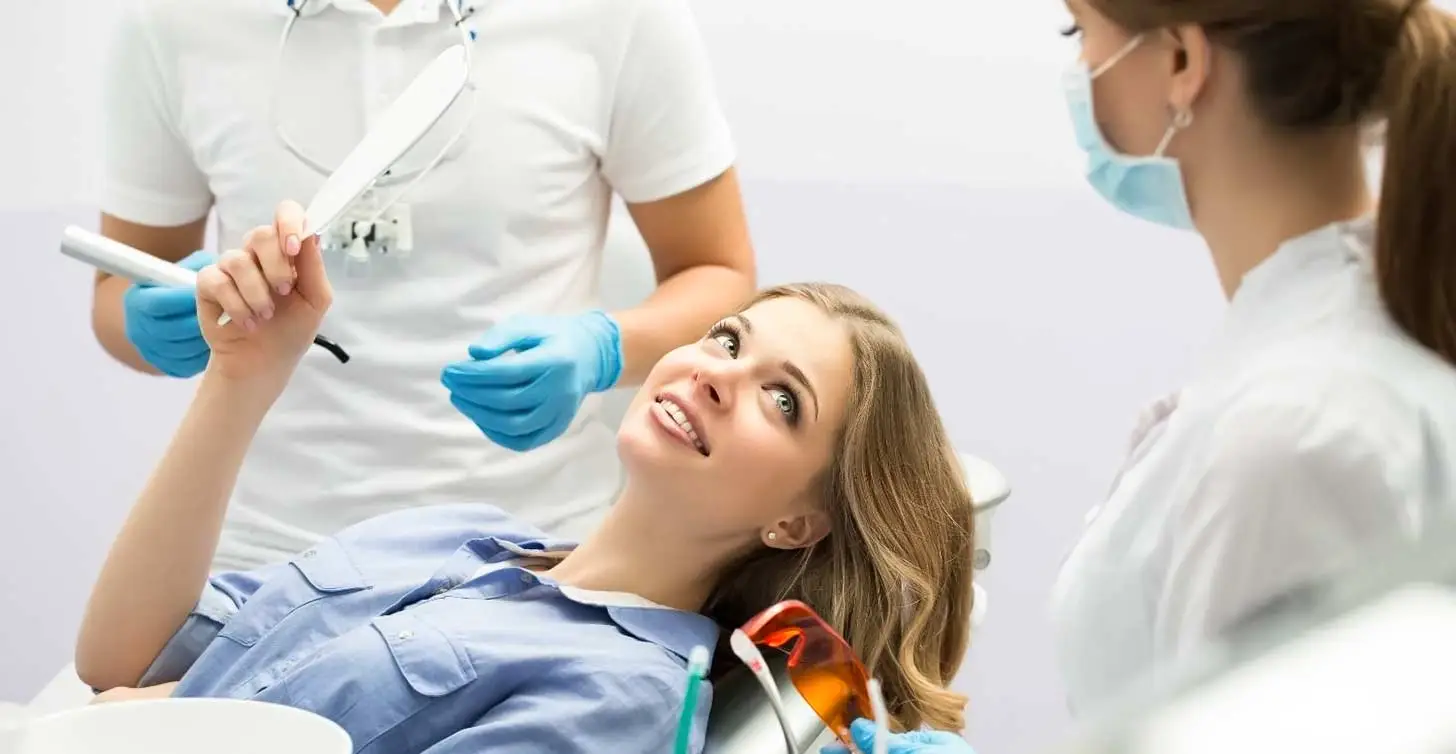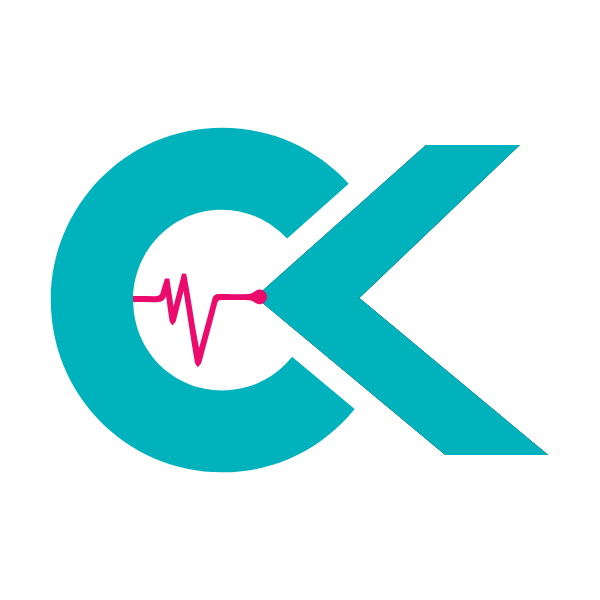Turkey has emerged as a prominent global destination for dental tourism, attracting thousands of patients annually. This surge is largely due to competitive pricing and state-of-the-art facilities. However, prospective patients must prioritize safety and quality, as these are paramount to successful outcomes. Choosing a clinic requires diligent research into its accreditations and the qualifications of its practitioners. Understanding the standards of care is crucial before embarking on any dental treatment. This ensures that the patient’s experience is not only affordable but also clinically sound. Patients should always verify the credentials of their chosen dental professional. Reputable clinics will readily provide information regarding their certifications. Moreover, a thorough consultation process is essential to address all concerns. This includes a detailed discussion of the proposed treatment plan. Patient safety remains the cornerstone of ethical dental practice. Therefore, making informed decisions is critical for a positive treatment journey.
Table of Contents
Is Dental Treatment in Turkey Safe? A Patient’s Guide to Standards and Verification
Turkey’s dental sector operates under strict regulatory frameworks that ensure patient safety and treatment quality. The Turkish Ministry of Health enforces comprehensive licensing requirements for all dental practitioners, mandating graduation from accredited dental schools and successful completion of national examinations. Every licensed dentist in Turkey must register with the Turkish Dental Association and maintain continuing education credits to practice legally.
Modern Turkish dental clinics implement international sterilization protocols following WHO guidelines and European Union standards. Autoclave sterilization systems operate at temperatures exceeding 134°C for minimum 18-minute cycles, ensuring complete pathogen elimination. Single-use instruments and disposable materials are standard practice, whilst reusable equipment undergoes multi-stage disinfection processes including ultrasonic cleaning and chemical sterilization.
JCI (Joint Commission International) accreditation represents the gold standard for healthcare facilities worldwide. Leading Turkish dental centers hold this prestigious certification, demonstrating compliance with over 1,300 safety and quality standards. Additionally, ISO 9001 quality management certification ensures systematic approaches to patient care and operational excellence.
Patient verification of dentist credentials involves checking the Turkish Dental Association database through their official website. Licensed practitioners display registration numbers and certificates prominently within clinic premises. International patients should verify that their chosen dentist maintains active membership status and holds specialized certifications relevant to their required procedures.
Infection control measures in Turkish dental facilities include HEPA air filtration systems, surface disinfection protocols using hospital-grade antimicrobial solutions, and strict personal protective equipment requirements for all staff. Treatment rooms undergo comprehensive sanitization between patients, with documented cleaning logs maintained for regulatory compliance.
Turkish dental regulation requires mandatory reporting of adverse events and regular facility inspections by health ministry officials. Dental clinics must maintain comprehensive insurance coverage and adhere to patient rights legislation that guarantees informed consent procedures and treatment transparency.
The Turkish healthcare system provides robust oversight through regional health directorates that conduct unannounced audits and investigate patient complaints. Clinics failing to meet hygiene standards face immediate suspension of operating licenses and potential criminal prosecution.
Professional Turkish dentists typically possess postgraduate qualifications from European or American institutions, ensuring familiarity with international treatment protocols. Many hold memberships in prestigious organizations such as the International Team for Implantology or the American Academy of Cosmetic Dentistry, demonstrating commitment to excellence in patient care and clinical outcomes. These qualifications provide a significant advantage for patients who prioritize receiving care aligned with international standards, making Turkish Dental Clinics Comparison one of the key points to consider for safe dental treatment in Turkey. As a result, patients can benefit from high-quality dental care while also enjoying the rich cultural experiences available in Turkey.
Essential Questions to Ask Your Turkish Dentist Before Treatment
Evaluating your dentist’s qualifications represents the foundation of safe dental care abroad. Request documentation of their dental degree, specialisation certificates, and continuing education credentials. Ask specifically about their experience with your particular procedure and the number of similar cases they have completed annually.
- What is your educational background and where did you complete your dental training?
- How many years of experience do you have performing this specific procedure?
- Can you provide references from previous international patients?
- Are you a member of the Turkish Dental Association or other professional bodies?
Understanding treatment protocols and materials ensures you receive care that meets international standards. Inquire about the specific brands and types of materials used, particularly for implants, crowns, or restorative work. Quality materials significantly impact treatment longevity and biocompatibility.
- Which brands of dental implants, crowns, or filling materials do you use?
- Are these materials FDA-approved or CE-marked for European standards?
- What sterilisation protocols do you follow in your clinic?
- Do you use digital imaging and modern diagnostic equipment?
Clarifying post-treatment care procedures prevents complications and ensures optimal healing. Discuss the expected recovery timeline, potential side effects, and the availability of follow-up care. Understanding these aspects helps you plan your stay and prepare for any necessary adjustments.
- What post-operative care instructions will you provide?
- How long should I expect the recovery period to last?
- What emergency contact options are available after treatment?
- Do you offer any guarantees or warranties on your dental work?
Financial transparency and treatment documentation protect your investment and provide clarity about costs. Request detailed written treatment plans, including potential additional costs for complications or extended treatment needs. Ensure all agreements are documented in English to prevent misunderstandings about pricing or procedures.
Communication Barriers: Ensuring Clear Understanding With Your Turkish Dental Team
Professional translation services form the cornerstone of successful dental tourism experiences in Turkey. Leading dental clinics employ certified medical translators who possess extensive knowledge of dental terminology and procedures. These specialists ensure accurate communication between patients and dental professionals throughout the treatment process.
Multilingual patient coordinators serve as primary communication bridges, facilitating seamless interactions from initial consultation through post-treatment care. These professionals typically hold degrees in healthcare communicationand maintain fluency in multiple languages, including English, German, and Arabic.
- Written treatment plans must be provided in your native language, detailing each procedure, timeline, and associated costs
- Digital consent forms should include comprehensive explanations of risks, benefits, and alternative treatments
- Post-treatment instructions require clear translation to ensure proper healing and medication compliance
- Emergency contact protocols must be established with 24/7 multilingual support availability
Medical interpretation technology enhances communication accuracy through real-time translation applications specifically designed for healthcare settings. These tools complement human translators by providing instant clarification of technical terms and procedural explanations.
Documentation protocols mandate that all treatment records, informed consent forms, and discharge instructions be translated into the patient’s preferred language. This ensures complete understanding of the treatment modality and expected outcomes.
Quality assurance measures include verification calls conducted by independent translators to confirm patient comprehension of treatment plans. This double-verification process significantly reduces miscommunication risks and enhances patient safety.
Cultural competency training for dental teams addresses non-verbal communication patterns and cultural preferences that may impact treatment delivery. Understanding these nuances prevents misunderstandings and builds stronger patient-provider relationships.
Technological integration through video consultation platforms enables real-time communication with multilingual specialists, ensuring patients receive comprehensive explanations of complex procedures such as implant placement or oral reconstruction techniques.
Planning Your Post-Treatment Recovery While in Turkey
Recovery planning represents a critical component of successful dental tourism outcomes. Post-operative care protocols differ significantly across treatment types, requiring tailored approaches for optimal healing results.
Pre-Flight Recovery Period Requirements
- Complex surgical procedures including dental implants require minimum 72-hour waiting periods before air travel
- Tooth extractions necessitate 24-48 hour recovery windows depending on complexity levels
- Periodontal surgery demands extended observation periods ranging from 3-7 days
- Cosmetic procedures such as veneers typically allow same-day or next-day departure scheduling
Accommodation Selection Criteria
Recovery-friendly lodging features significantly impact healing outcomes. Essential amenities include 24-hour reception services, proximity to medical facilities, and refrigeration access for medications. Hotel concierge services prove invaluable for prescription collection and emergency transportation coordination.
Research indicates that patients staying within 5-kilometer radius of their treatment facility experience 40% fewer complications requiring urgent intervention. Apartment-style accommodations offer superior comfort levels for extended recovery periods exceeding four days.
Emergency Healthcare Access Protocols
Comprehensive contingency planning ensures immediate access to qualified dental professionals throughout recovery phases. Leading Turkish dental clinics maintain 24/7 emergency hotlines staffed by English-speaking coordinators.
Private healthcare facilities across major cities including Istanbul, Ankara, and Antalya provide emergency dental services with international standard protocols. Insurance verification processes require advance documentation including treatment records, medication lists, and emergency contact information.
Medication Management Strategies
Post-operative pharmaceutical requirements include prescribed antibiotics, analgesics, and anti-inflammatory medications. Turkish pharmacies operate under strict dispensing regulations requiring original prescriptions for controlled substances.
Medication transportation through international borders requires proper documentation including prescriber details, dosage instructions, and treatment duration specifications. Customs declarations prevent potential delays during departure procedures.
Successful recovery coordination ultimately depends on thorough preparation, appropriate accommodation selection, and established emergency protocols. These foundational elements create optimal conditions for healing while maintaining access to professional dental care throughout the recuperation process in Turkey.




